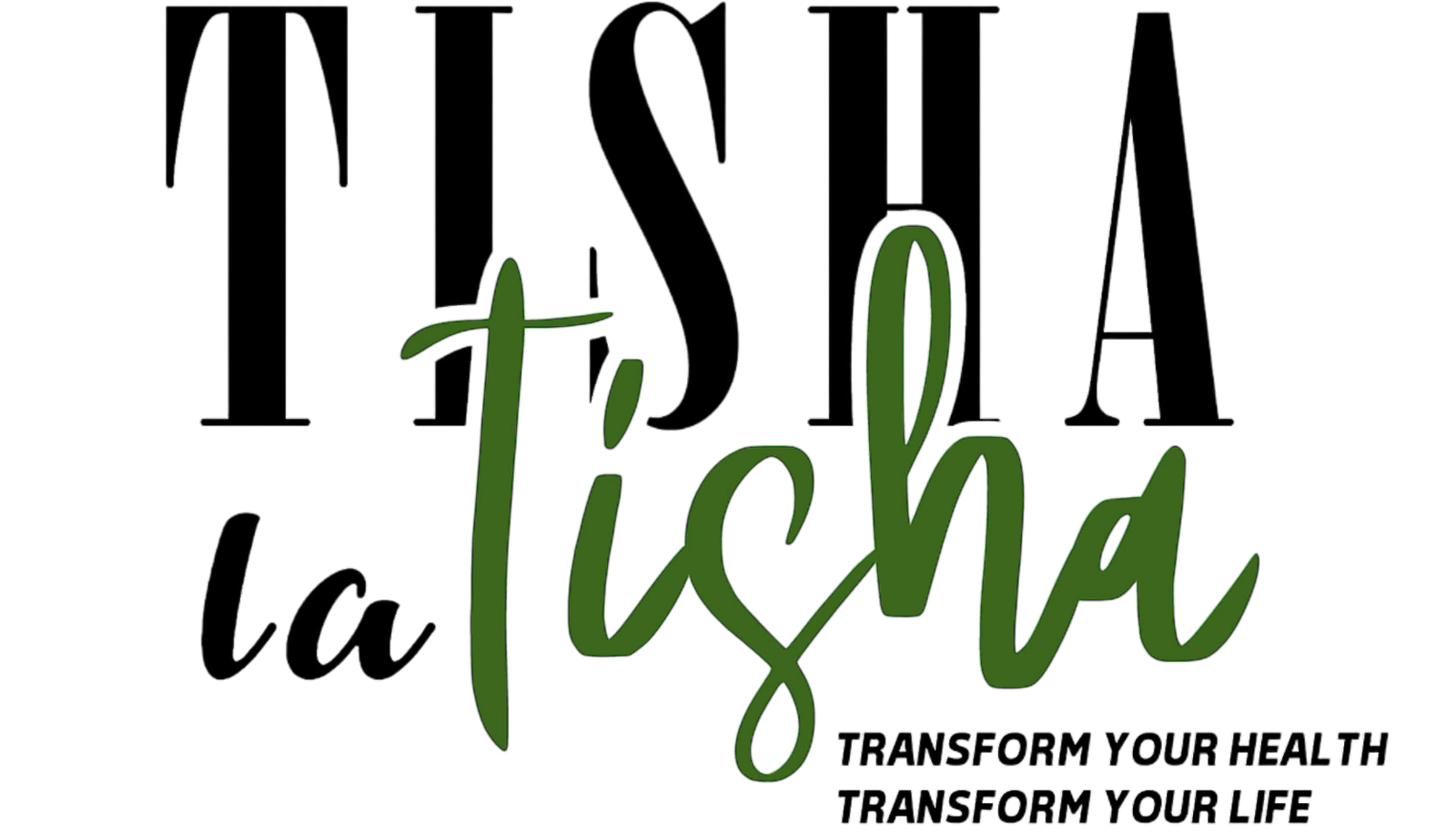High blood pressure, also known as hypertension, isn’t just a concern for older adults. Young women are increasingly facing this silent threat to their health. Juggling careers, social lives, and personal responsibilities can be stressful, and chronic stress is a significant contributor to high blood pressure.

This comprehensive guide will explore the causes, risk factors, and often-overlooked signs of high blood pressure in young women. We’ll also explore effective lifestyle changes, stress management techniques, and dietary strategies that can help you maintain healthy blood pressure and safeguard your heart health. Don’t let this silent enemy steal your vitality—take charge of your health today.
1. Understanding Blood Pressure
Blood pressure is vital, reflecting the force your blood exerts against your artery walls. It’s measured with two numbers:
- Systolic: The top number, measuring pressure when your heart beats.
- Diastolic: The bottom number, measuring pressure when your heart rests between beats.
A regular blood pressure reading is typically around 120/80 mmHg. High blood pressure (hypertension) is a consistent reading of 130/80 mmHg or higher.
What Causes High Blood Pressure in Young Women?
- Genetics: A family history of hypertension can increase your risk.
- Obesity: Excess weight strains your heart and blood vessels.
- Unhealthy Diet: High salt intake, processed foods, and saturated fats raise blood pressure.
- Sedentary Lifestyle: Lack of physical activity weakens your heart and contributes to hypertension.
- Chronic Stress: Stress hormones can temporarily raise blood pressure, and chronic stress can lead to long-term hypertension.
- Other Factors: Certain medications (like birth control pills) and underlying health conditions can also contribute.
2. Risk Factors Specific to Young Women
While anyone can develop high blood pressure, some risk factors are more common in young women:
- Family History: If your parents or siblings have hypertension, your risk is higher.
- Obesity: Excess weight is a significant risk factor for young women.
- Smoking: Smoking damages blood vessels and increases blood pressure.
- High Salt Intake: Consuming too much salt can raise blood pressure.
- Oral Contraceptives: Some birth control pills can slightly increase blood pressure in some women.
- Polycystic Ovary Syndrome (PCOS): This hormonal disorder is associated with an increased risk of hypertension.
3. The Hidden Impact of Stress
Stress plays a pivotal role in the development of high blood pressure in young women. When stressed, your body releases hormones like cortisol and adrenaline, temporarily raising your blood pressure. Over time, chronic stress can lead to sustained hypertension, increasing your risk of heart disease, stroke, and other health problems.
Effective Stress Management Techniques:
- Relaxation Techniques: To reduce stress, practice deep breathing, meditation, or yoga.
- Regular Exercise: Physical activity helps lower stress hormones and promotes heart health.
- Quality Sleep: Aim for 7-8 hours of sleep per night to allow your body to rest and repair.
- Social Support: Connect with friends, family, or a therapist to share your concerns and get support.
- Time Management: Prioritize tasks and set realistic goals to reduce overwhelming feelings.
4. Diet and Nutrition: Your Heart’s Best Friend
A healthy diet is crucial for maintaining a healthy blood pressure. Here’s what to focus on:
- Plenty of Fruits and Vegetables: These provide essential vitamins, minerals, and antioxidants that protect your heart.
- Whole Grains: Choose whole-wheat bread, brown rice, quinoa, and oats for fiber and nutrients.
- Lean Protein: Opt for fish, poultry, beans, and lentils instead of fatty red meat.
- Low-Fat Dairy: Choose skim milk, low-fat yogurt, and part-skim cheese to reduce saturated fat intake.
- Limit Sodium: Aim for less than 2,300 mg of sodium daily (ideally 1,500 mg). Avoid processed foods, fast food, and restaurant meals, often high in sodium.
5. Get Moving: The Power of Exercise
Regular physical activity is essential for heart health and blood pressure control. Aim for at least 150 minutes of moderate or 75 minutes of vigorous-intensity exercise per week.
- Aerobic Exercise: Brisk walking, jogging, cycling, swimming, or dancing can help lower blood pressure and strengthen your heart.
- Strength Training: Lifting weights or resistance bands builds muscle and boosts metabolism.
- Flexibility and Balance: Yoga, Pilates, or tai chi can improve flexibility, reduce stress, and enhance overall well-being.
6. The Importance of Regular Checkups
Regular medical checkups are crucial for monitoring blood pressure and detecting potential issues early on. If your blood pressure is elevated, your doctor may recommend lifestyle changes, medication, or both to help you manage it.
High blood pressure in young women is a serious but preventable health concern. By understanding the causes, recognizing the risk factors, and adopting a healthy lifestyle, you can take charge of your heart health and enjoy a long, vibrant life. Remember, it’s never too early to start caring for your heart. Talk to your doctor if you have any concerns about your blood pressure.
